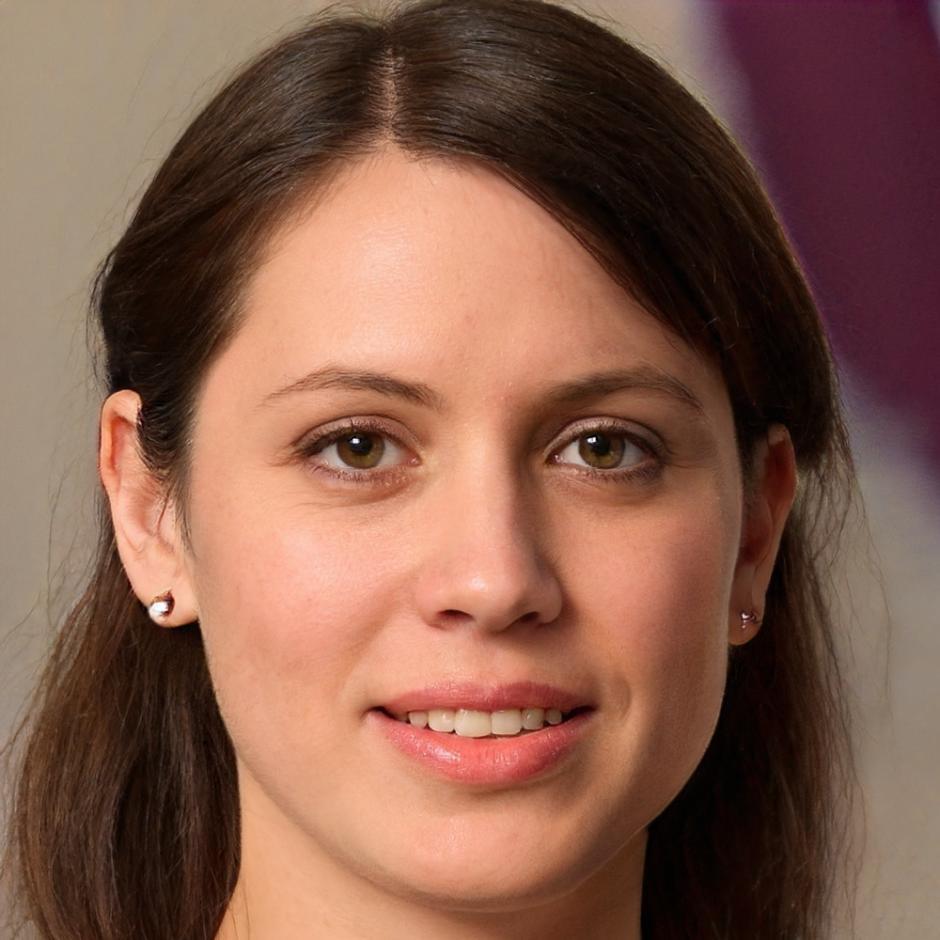Master Budget Variance Analysis
Build practical skills in financial analysis through hands-on training with real business scenarios. Our comprehensive program prepares you for modern finance roles starting September 2025.
Start Your JourneyBuild practical skills in financial analysis through hands-on training with real business scenarios. Our comprehensive program prepares you for modern finance roles starting September 2025.
Start Your Journey
We believe in practical education that connects directly to workplace realities. Every lesson builds on real industry experience.
You'll work with actual budget data from Australian companies across retail, manufacturing, and services. No theoretical exercises here - just the messy, complex scenarios you'll face in your career.
Students analyze variance reports from businesses facing genuine challenges like supply chain disruptions and market shifts. This approach means you graduate understanding how theory applies when deadlines are tight and stakeholders need answers.
Our curriculum comes from working finance professionals who still handle variance analysis daily. They know which skills matter most and which software tools you'll actually use.
Guest speakers share current challenges from their organizations. Recent sessions covered pandemic budget adjustments, inflation impacts, and automation in financial reporting. You'll understand the profession's direction before you start working.
Complex financial concepts become clearer through small group discussions and peer collaboration. Students often find that explaining variance calculations to classmates helps solidify their own understanding.
Our instructors provide detailed feedback on every assignment. They'll point out exactly where your analysis could be stronger and show you alternative approaches that experienced analysts use.
Every module builds toward specific workplace competencies. You'll create portfolio pieces that demonstrate your analytical thinking to potential employers.
By program completion, you'll handle multi-department budget variance analysis, present findings to senior managers, and recommend corrective actions with confidence. These skills open doors in finance departments across industries.
Our graduates work in diverse finance roles, applying their variance analysis skills in different business contexts. Here are some of their journeys.

Finance Analyst, Retail Chain
Started as a bookkeeper with basic Excel skills. After completing our program in early 2024, Marcus joined a 200-store retail chain where he now manages monthly variance reporting across seven regions. His analysis helped identify inventory cost overruns that saved the company 0,000 in 2024.

Budget Manager, Healthcare
Transitioned from nursing administration to finance after our autumn 2023 cohort. Sarah now oversees budget variance analysis for a regional health network with 12 facilities. Her background in operations gives her unique insights when investigating cost variances in clinical departments.

Senior Analyst, Manufacturing
Began his finance career in accounts payable before joining our program in 2023. David now leads variance analysis for a steel manufacturing company, working closely with production managers to understand cost drivers. His reports directly influence quarterly production planning decisions.

Finance Specialist, Tech Startup
Joined a fast-growing software company straight after graduating our program in mid-2024. James handles budget variance analysis during rapid scaling phases, helping leadership understand spending patterns as the team grows from 40 to 120 employees. His analysis supports critical funding decisions.
Budget variance analysis continues adapting to new business realities. Understanding these changes helps you prepare for the finance roles of 2025 and beyond.
Modern finance teams pull variance data directly from ERP systems, reducing manual entry errors and enabling real-time analysis. You'll learn to work with these automated workflows.
Organizations increasingly use historical variance patterns to predict future budget performance. This shift toward proactive analysis changes how finance professionals approach their work.
Variance analysis now involves closer partnerships with operations, marketing, and sales teams. Finance professionals need strong communication skills alongside technical expertise.
Environmental costs increasingly appear in budget variance reports as companies track sustainability initiatives. This emerging area offers new opportunities for finance professionals.
